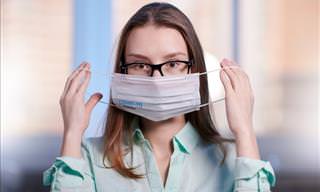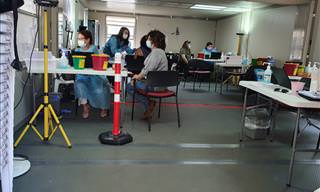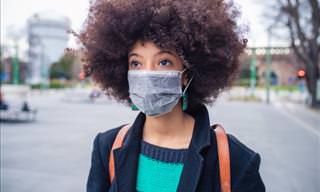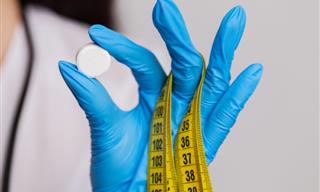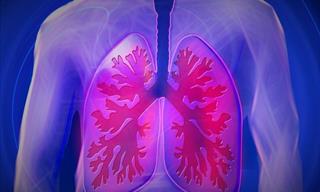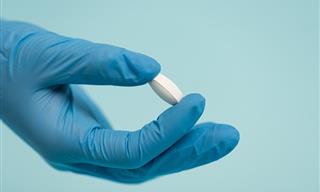Scientists had previously thought that the main benefit of face masks is the protection of the public from people who have Covid-19. But some researchers are beginning to realize that face masks can actually also benefit those who are wearing them. This is because face masks serve as a barrier that can reduce how much of the virus can reach the mask wearer, also known as the viral dose.
How can face masks help the wearer?
Scientists have known for a while that the viral load influences the severity of the illness - the more of the virus a person is exposed to, the more likely that person is to suffer from a more severe Covid-19 infection and the quicker the patient will start developing symptoms of the disease. What many people, scientists included, have not realized before mask wearing became commonplace, is that face masks actually help reduce the amount of infected droplets that reach a person wearing it, even if they are exposed to the virus.
There are already a few scientific papers that back up the claim that mask wearing reduces the severity of a Covid-19 infection. Scientists have first observed this when they noted that positive patients who were in an environment where everyone wore masks, such as hospitals, cruise ships, and even processing plants were a lot more likely to be asymptomatic.
In one study among medical workers, blood samples were taken for a Covid-19 antibody test that shows whether someone has developed immunity to the virus. Many workers who didn't even know they had Covid-19 ended up having antibodies to the virus, which suggests that they were sick at one point, but were likely asymptomatic and didn't know they had Covid-19.
An animal study conducted recently in hamsters further confirmed that a condition similar to "face masks" (a partition between the cages of hamsters using materials identical to those used in face masks) yielded in milder cases of Covid-19 in the animals.
Certainly, these findings bring great news because such a simple thing as a face mask appears to be a very effective tool at bettering our chances of fighting the dangerous virus with fewer complications and repercussions, or even having an asymptomatic infection, even if we end up catching Covid-19.
Face masks are a more useful tool than we initially thought
We all know that we can protect others by wearing a mask, but the scientific evidence we've reviewed above is proof that wearing a face mask in public spaces actually has a greater value than we initially thought. Not only can nationwide face mask wearing benefit you, it can help make Covid-19 go away faster, and hopefully, for good. For months, we've been hearing about the need to develop herd immunity against the virus, with the UK's initial Covid-19 strategy being the most prominent example. But countries who have been following this strategy have been largely unsuccessful because many people ended up getting a severe case of the illness.
However, widespread mask wearing may be the answer to developing a herd immunity towards the virus while we wait for a Covid-19 vaccine. The more people will get an asymptomatic case of Covid-19 and develop immunity to the virus, the tougher it will be for the virus to spread through communities, so people having asymptomatic Covid-19 may actually be a good thing for the society. As one review published in the New England Journal of Medicine put it, “Exposing society to SARS-CoV-2 without the unacceptable consequences of severe illness with public masking could lead to greater community-level immunity and slower spread as we await a vaccine”.
Please share this article with family and friends
 Go to BabaMail
Go to BabaMail




